Phat Foods
Fatty food. The phrase itself denotes a stigma of unhealthy drive-thru dinners and guilt-ridden indulgences. Our surroundings have led us to believe that fat makes you fat. It’s easy to assume because the word itself sounds like the problem we are all trying to avoid. But that isn’t the truth because fat is actually good for you, in a way.
Fat is one of the body’s go-to sources of energy; it contributes to the process of absorbing some vitamins and minerals. Fat is used to build cell membranes and the sheaths surrounding nerves. It’s also essential for functions like blood clotting and muscle dexterity.
The kinds of fats that perform these amazing feats within the body are what we would call “healthy fats” or “unsaturated fats”; they can be broken into monounsaturated and polyunsaturated fats. These can be found in foods like nuts, hummus, natural peanut butter, fish, eggs, olive oil and of course the ever so prevalent avocado. These fats naturally have fewer hydrogen molecules and can be broken down much easier than trans fats, which have more hydrogen molecules added to them.
Monounsaturated fats, one type of unsaturated fats, are best for reducing belly fat and lowering your risk of stroke and heart disease. According to the American Heart Association, they are found in olive oil, nuts and avocados. They are best associated with heart health. The British Journal of Nutrition also states that the substituting of monounsaturated fats for saturated fats increases overall weight loss without negatively affecting calorie intake. For example, substituting avocado in a recipe that calls for mayo will greatly reduce the your overall calorie intake and help you loose weight without compromising flavor.
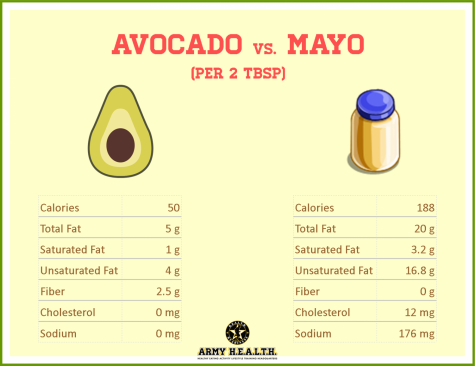
Using avocado in place of mayonnaise will reduce your fat and calorie intake.
Polyunsaturated fats, the other type of unsaturated, healthy fats, are your omega-3 and omega-6 oils. You can usually find them in seafood, nuts, seeds and corn or canola oil. They are also classified as essential fats, which means your body needs them for normal function but cannot produce them on its own. Therefore, they must be obtained through an outside source like a supplement or food. These types of good fats also contribute to cell health, muscle movement and blood clotting.
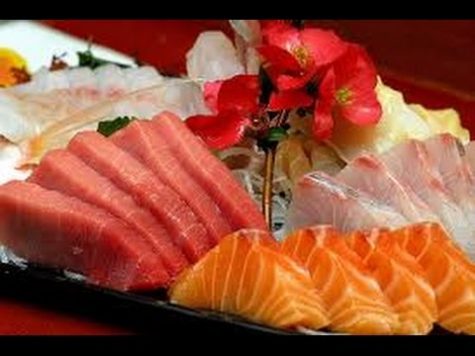
Now, before you dive head first into the world of fats, know that not all fats are created equal. Deep-fried delicacies and overly-processed, prepackaged foods are very high in trans fatty acids, which are bad.
Trans fatty acids, also know as trans fats, are industrially modified oils that are altered to contain hydrogen in a process known as hydrogenation. This changes the molecular structure, thickening the oil into a more solid texture. This, in turn, takes a bigger toll on your body when breaking the fats down and on your heart when circulating the fats through your blood. Cardiologists nationwide agree that this process increases your low-density lipoprotein, or “bad cholesterol,” and lowers your high-density lipoprotein, or “good cholesterol.”
According to Harvard Medical School, trans fats increase inflammation which could lead to heart diseases, stroke or diabetes. It also leads to insulin resistance, raising your risks of acquiring type 2 diabetes. The scary part is that most trans fats or hydrogenated oils can be found in mass-produced pastries and fast food products. The good news is that as of 2008, the New York City government banned trans fats from being used in their restaurants. This was done in an attempt to combat the growing heart disease problem that has been plaguing our society for a number of years. The FDA stated in 2015 that partially hydrogenated oils, the primary source of trans fats, were no longer “generally recognized as safe” and required the food industry to remove all artificially added trans fats from the food supply by the end 2018.
But let’s not forget about you carnivorous folks out there. Where do meat and animal byproducts fall in this whole mess? Meat and animal products contain saturated fats. Those are fats that contain more hydrogen molecules than unsaturated fats and, therefore, stay solid at room temperature. Saturated fats can be found in food such as beef, pork, milk, butter and cream cheese. Generally speaking, saturated fats are not bad for you. At the same time, they’re not exactly good in large quantities. The American Heart Association recommends that your daily dose of saturated fat be between five and six percent of your daily caloric intake.
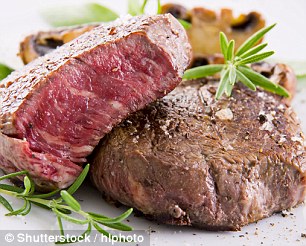
In an (omega-6 polyunsaturated) nutshell, natural fats are good for you. For a healthy diet, 20-35 percent of the your overall calorie intake should be calories from fat, mostly mono- or polyunsaturated. As far as healthy living goes, avoid overly-processed and packaged foods, keep indulgences to a minimum, and eat what you burn off. Like all things, it’s about healthy choices.

A veteran to the Arapahoe Pinnacle, editor Dylan Boxer is known for his quick wit and lightheartedness within the publication. When his not writing you can usually find him outside on his long-board or inside working on his next cosplay....




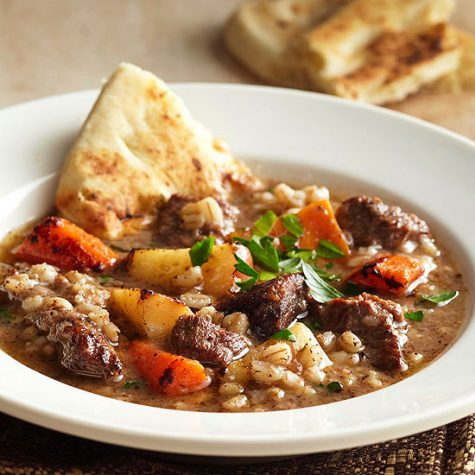






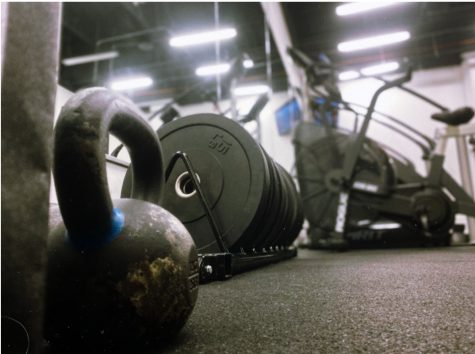
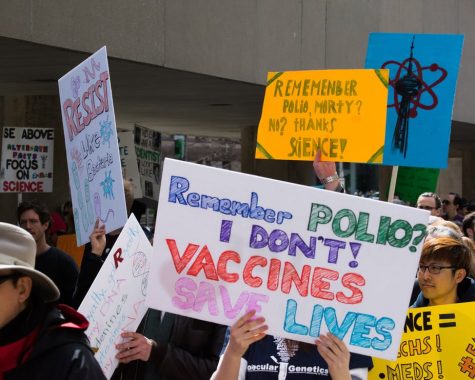
fitoru • Jan 28, 2020 at 4:53 am
This one is such an informative post. I have learned a lot today.I hope to read more articles from you..
Janene Kerry • Jan 8, 2020 at 2:21 am
This is really a helpful article. There are so many weight loss programs available in the market. But you should always choose the best one showing guaranteed results with logical diet chart.
I also have a similar website named Phattdietandguthealth which provides effective phatt weight loss programs.
please review it and let me know any suggestions required.